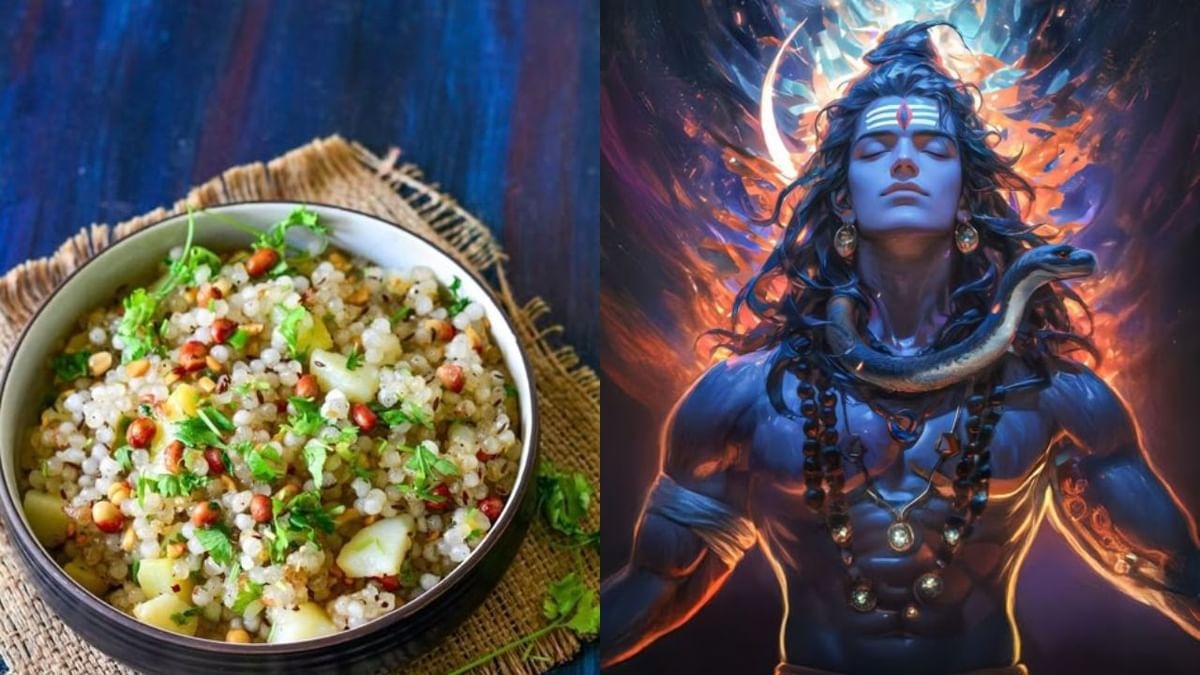
Mahashivratri is a sacred festival dedicated to Lord Shiva, where devotees observe a fast to seek divine blessings. Following the right dietary rules is essential to ensure a spiritually fulfilling and healthy fast.
Foods Allowed During Mahashivratri Fast
Fruits and Dry Fruits
- Apples, bananas, pomegranates, and almonds, walnuts, raisins provide energy.
Milk and Dairy Products
- Milk, curd, paneer, and buttermilk help maintain strength and hydration.
Sabudana (Tapioca Pearls)
- Used to make sabudana khichdi or kheer, a common fasting dish.
Kuttu (Buckwheat) and Singhara (Water Chestnut) Flour
- Used to prepare rotis, pakoras, or puris, as regular wheat is not allowed.
Rock Salt (Sendha Namak)
- Regular salt is avoided; sendha namak is used in fasting recipes.
Makhana (Fox Nuts)
- A light snack that is nutritious and easy to digest.
Coconut Water and Herbal Teas
- Helps in hydration and detoxification while fasting.
Foods to Avoid During Mahashivratri Fast
Grains and Lentils
- Rice, wheat, pulses, and legumes should be avoided.
Onion and Garlic
- Considered tamasic and not suitable for fasting.
Non-Vegetarian Food
- Meat, fish, and eggs are strictly prohibited.
Processed and Packaged Foods
- Junk food, aerated drinks, and artificially flavored snacks should be avoided.
Table Salt
- Replace with rock salt (sendha namak) for fasting meals.
--Advertisement--

 Share
Share



